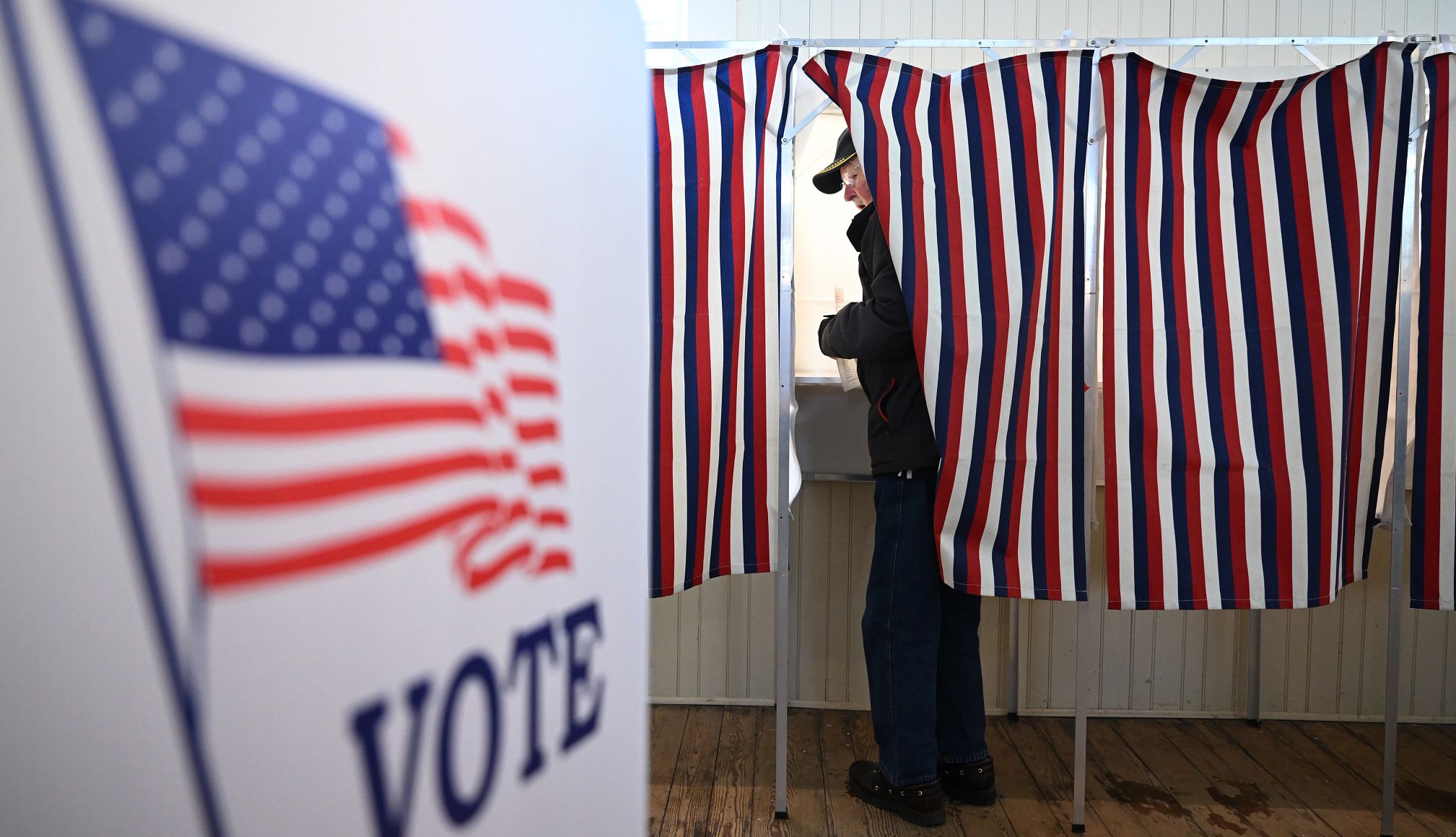AARP Hearing Center


It has become a political truism that older voters — because of their numbers and their dedication to making it to the polls — decide elections at every level, from the White House to city and county councils.
But what matters to them this year seems to vary as much as at any time in recent memory. And no party or candidate appears to have a lock on their hearts.
For Mike Britt, 67, of Edmond, Oklahoma, the November elections are about dollars and cents. He’s been hit hard by rising prescription drug prices and inflation. Like others on a fixed income, Britt, a retired insurance auditor, notices each time property taxes, groceries and gasoline prices go up, especially since he drives nearly 200 miles each way to Texas and back to check on his mother, whom he and a sister help pay basic bills. “She has about the same amount coming in, but costs go up,” Britt says.
Robert Fulkerson, 64, of Reno, Nevada, is focused on a more abstract vision: the future of the planet. He can still recall the song he and his classmates sang on the first Earth Day in 1970 as they cleaned up trash. His lifetime of environmentalism carries forward to this year’s election.
Fear motivates some older voters this election cycle. “We’re about the only country in the world that doesn’t control immigration,” says Pam L., a 78-year-old from Nevada who participated in an AARP focus group last fall on election concerns. (Last names of those in the focus groups were kept confidential.) “Now that terrorism is going on, it’s not safe for the American people, and nobody seems to care about that.”
These and other concerns will be on the minds of older voters when they enter the ballot booth. And since presidential elections have been so close in recent years, candidates seek the right formula to motivate a small sliver of the electorate that could prove decisive, says Bruce Oppenheimer, professor emeritus of political science at Vanderbilt University.
“Older voters are a remarkably stable group,” Oppenheimer says. “It might take more to move them than those who do not have a long attachment to a political party.”





































































More From AARP
AARP Poll: Trump Leads Biden Among Older Arizona Voters
Nine points separate the candidates among voters age 50-plus8 Amazing American Pilgrimages
The United States features many sites that attract visitors looking to travel with purpose
8 Things to Know About Election Disinformation and AI
Artificial intelligence spreads, amplifies falsehoodsHow Voting Laws Will Impact 2024 Elections
Some states have tightened their rules since 2020, but others have made it easier to cast a ballotRecommended for You